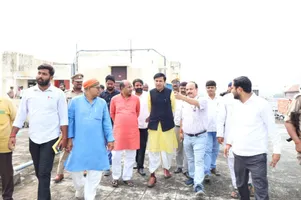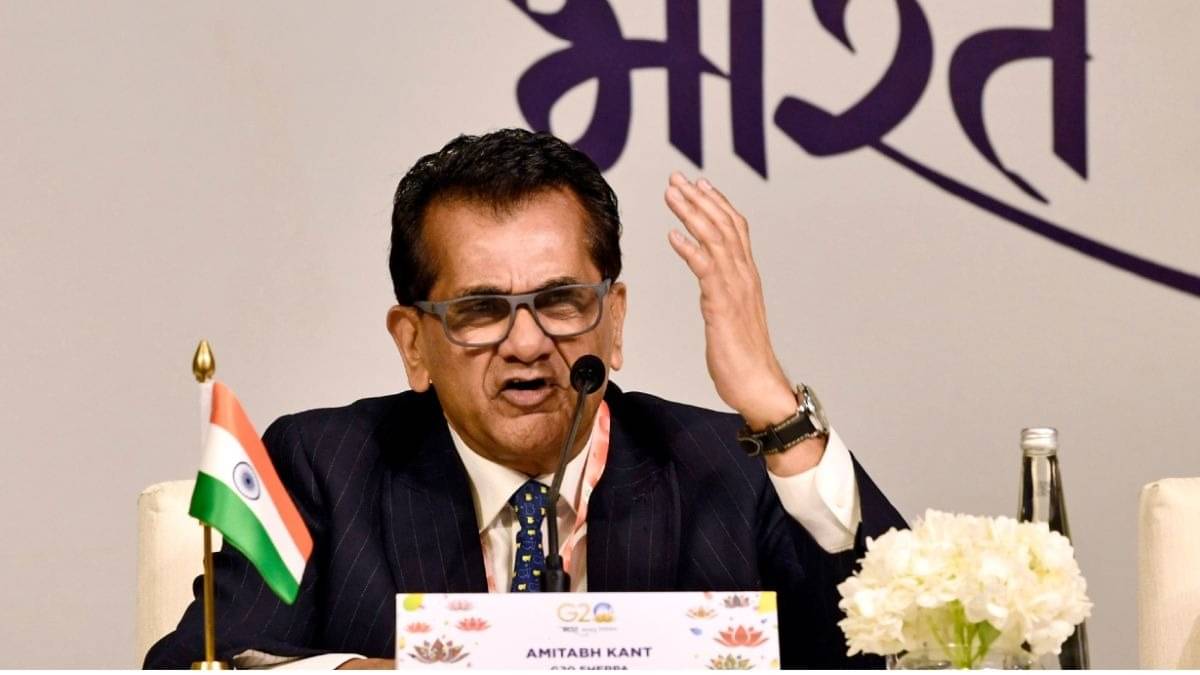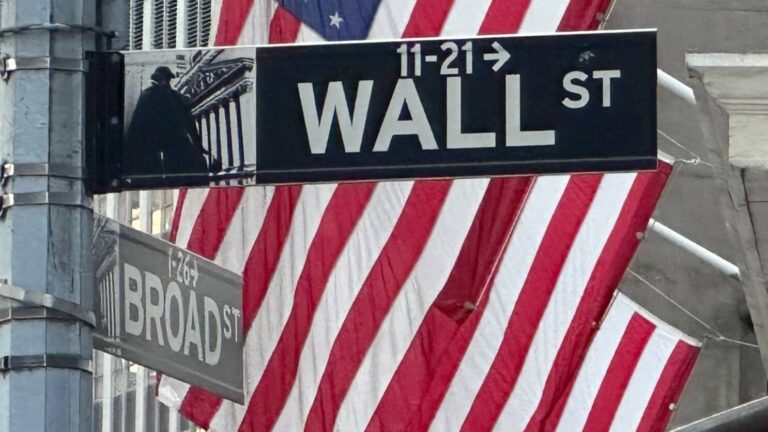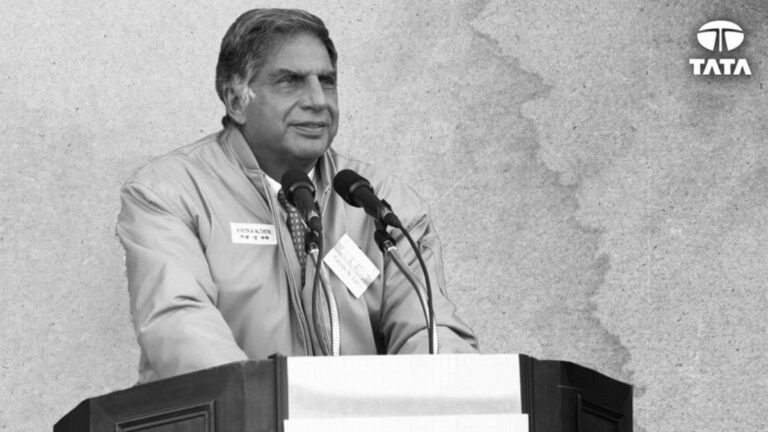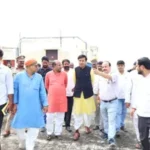Amitabh Kant, the former Chief Executive Officer of NITI Aayog and previous G20 Sherpa for India, emphasized on Friday the necessity for India to substantially increase its investment in infrastructure to realize the ambitious vision for a developed nation, termed Viksit Bharat. His remarks came during the Kautilya Economic Conclave, where he stressed the importance of financial commitment to achieve the nation’s developmental goals.
Kant took to the social media platform X following his address, expressing his enthusiasm about discussing infrastructure at the conclave. He stated, “The vision for #ViksitBharat is not just bold but extremely ambitious. To turn this vision into reality, we must elevate our infrastructure expenditure from 4% to 6.5% of our Gross Domestic Product (GDP). This entails not only high-quality project development but also asset monetization and the integration of financial instruments such as Infrastructure Investment Trusts (InVITs) and Real Estate Investment Trusts (REITs).”
He further elaborated that the obstacles ahead extend beyond mere financial mobilization; they also encompass the effective execution of projects. “Successful execution necessitates smarter planning, innovative financing solutions, empowered institutions, and designs that are resilient to climate change. If we tackle these challenges directly, India will not only construct infrastructure but also lay down the foundational framework for Viksit Bharat,” Kant asserted.
The Kautilya Economic Conclave, taking place in New Delhi, also featured Finance Minister Nirmala Sitharaman, who underscored India’s pivotal position in the global economic framework. In her opening remarks for the fourth edition of the conclave, she noted India’s significant role as a stabilizing entity in the world economy while also warning against potential risks stemming from imbalances and volatility.
Addressing the theme of “Seeking Prosperity in Turbulent Times,” Sitharaman pointed out that the very essence of the global order is currently undergoing profound structural changes. She highlighted how geopolitical shifts are reshaping trade routes, alliances, and financial systems. Describing the present circumstances as ‘turbulent,’ she emphasized that this characterization merely scratches the surface of the challenges we face, noting that pervasive uncertainty has now become a defining feature of our times.
“We are witnessing a transformation of the international order. Trade dynamics are evolving, alliances are being challenged, investments are being redirected due to geopolitical considerations, and our shared commitments are under scrutiny,” Sitharaman remarked.
During her address, the Finance Minister stressed the critical need for dialogue and transparency throughout the three-day conclave, stating, “Let us regard this period not solely as a crisis but as a pivotal moment for transformation. We should engage in discussions, not only to reflect on the uncertain future ahead but also to delineate the shape of the future we aspire to build.”

